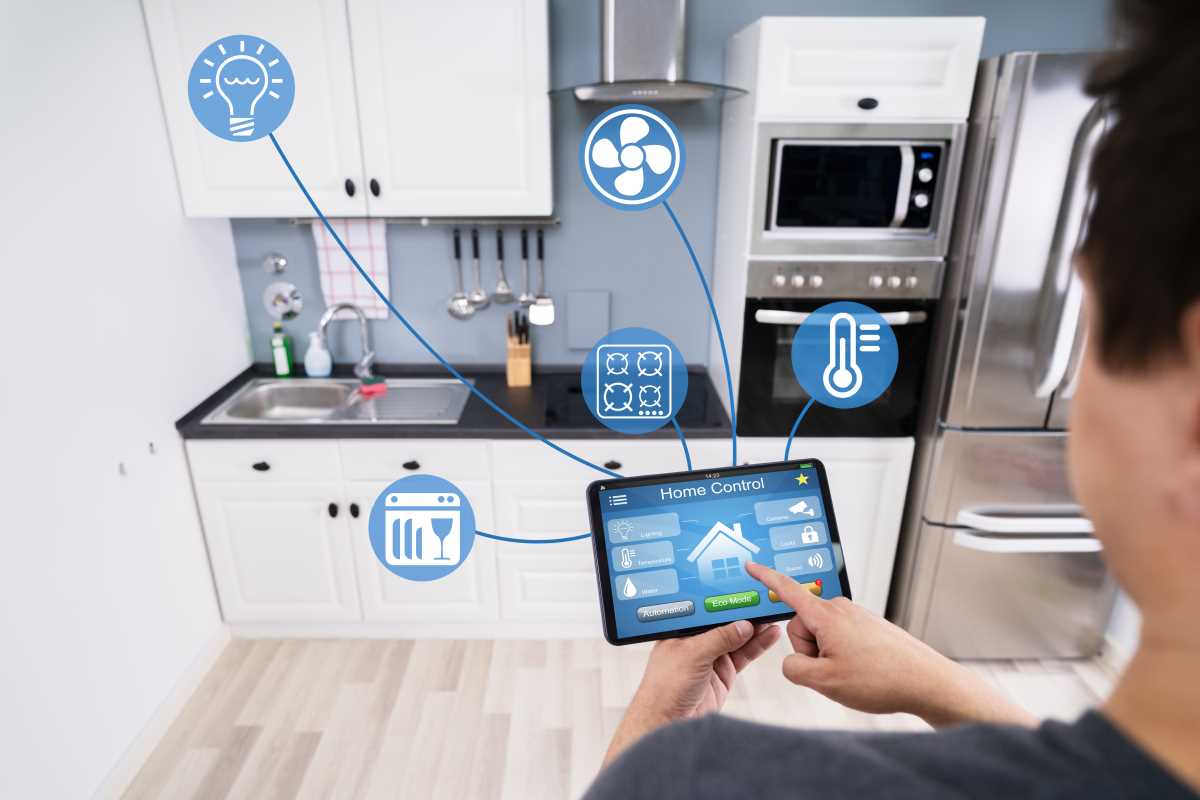Connected technology is changing the way we live, making homes more comfortable, safer, and energy-efficient through the use of digital devices. As more people become interested in smart home systems, the demand for skilled workers to install, maintain, and repair these technologies is growing. Entering this field can be an exciting opportunity to work with some of the most cutting-edge tech available today. Trade schools offer a practical way to start your career in smart technology by providing hands-on training and valuable knowledge. We will cover what trade school programs offer, the important skills you can learn, and the steps you need to take to succeed in a career focused on connected technology.
What Does a Smart Home Technician Do?
Professionals in this space set up, support, and fix various digital home systems. This ranges from climate controls, security solutions, and lighting management to integrating devices that respond to voice assistants like Alexa or Google Nest.
Key Responsibilities
- Installing and setting up devices like thermostats, security cameras, and lighting controls.
- Connecting products to home networks for smooth operation.
- Finding and resolving problems with system performance or connectivity.
- Bringing different devices together for easy, unified operation.
- Teaching customers how to use their new systems confidently.
Those who enjoy both technical tasks and working with people can thrive in this field. Supporting clients as they learn about their equipment is an important part of the job.
Why This Career Is Growing
Homes are adding connected products at a rapid pace, and industry experts project steady growth in this market for years to come. Companies look for candidates with up-to-date skills and a strong commitment to customer support and security.
Why Choose a Trade School?
Schools focused on technical careers deliver targeted education, helping students build practical skills and earn respected credentials in less time than traditional degrees.
Benefits of Attending Trade School
- Direct Skills Development: Programs dive straight into technology and practical problem-solving.
- Real-World Practice: Labs and hands-on projects let you gain experience before your first job.
- Faster Entry Into the Workforce: Many programs can be finished in under two years, allowing you to get started sooner.
Some schools also collaborate with businesses in the industry, making it easier to land internships or entry-level roles after graduation.
Main Subjects Covered in Programs
Basics of Electricity
- Safe approaches to wiring and reading circuit diagrams.
- Following best practices to avoid electrical hazards.
Networking and Wireless Tech
- Hands-on training in setting up Wi-Fi, Bluetooth, and home networks.
- How to address common challenges with device connections.
Configuring and Integrating Devices
- Setting up automation features across products.
- Troubleshooting issues involving several devices working together.
Security Systems
- Installing alarms, cameras, and movement sensors.
- Learning about cybersecurity and ways to help customers protect their information.
Energy Management Solutions
- Adding products that promote energy conservation, like smart thermostats.
- Exploring how solar panels and energy storage can tie into home systems.
Classes combine discussions with practical labs, so you get a solid grasp of both how things work and how to solve real problems.
Skills for Success
Success in this career means blending technical knowledge with strong soft skills. These are some of the main qualities to develop:
Technical Know-How
- Troubleshooting Skills: Figuring out the root cause of technical issues and finding practical answers.
- Software Comfort: Navigating applications and control systems with confidence.
- Basic Electrical Knowledge: Dealing safely with wires, circuits, and equipment.
Soft Skills
- Clear Communication: Breaking down complex ideas for customers and guiding them through new systems.
- Good Time Management: Staying on track, balancing busy days, and handling multiple jobs efficiently.
Trade school programs focus on both sides, preparing students to handle both technology and customer interactions effectively.
Getting Started with a Program
Embarking on this kind of career begins with researching and enrolling in the right course.
How to Begin
- Research Options: Look for schools offering hands-on instruction in smart systems or home automation, and check their reputation.
- Review Admission Guidelines: Most programs ask for a high school diploma or GED, and basic computer skills.
- Explore Certification Opportunities: Ask if the curriculum includes a path to respected industry credentials. CEDIA and CompTIA Network+ are widely recognized and can give your résumé a boost.
- Apply and Submit Materials: Complete the application process, which may include your transcripts or proof of education. Rolling start dates are common, so you can often begin classes throughout the year.
Support for Tuition
Ask about scholarships, state and federal grants, or financial aid that could lower your costs as you train for your new career.
Launching Your Career
Finishing your program means you’re ready to apply your skills professionally.
Where Work Opportunities Can Be Found
- Companies Specializing in Home Systems: Many employers focus specifically on installing and managing connected technology.
- Electrical Contracting Firms: Established businesses are adding technology-focused services as demand grows.
- Independent Work: Some technicians branch into consulting or freelance roles as their experience grows.
Growing in the Industry
Building a positive reputation, seeking additional certifications, and taking on bigger projects can help you advance. You may eventually move into management, design, or training roles.
Advantages of This Career Path
Smart technology jobs offer room to grow, consistent demand, and an engaging work environment. Here’s what stands out:
- Rising Demand: More homes are turning to automation, increasing the need for skilled workers.
- Innovative Work: You’ll use technology daily to make life better for homeowners.
- Strong Pay: Current data shows the average annual pay in this field ranges from $54,605 to $57,196. As you build skills and certifications, higher salaries become attainable.
Launching a career in the digital home industry is within reach thanks to modern trade school programs. With the right training and initiative, you can earn your place in a field that’s set to keep growing. Take time to compare schools, reach out to professionals, and prepare to join an industry that connects people to their homes in smarter, more meaningful ways. Your path can begin as soon as you’re ready.







